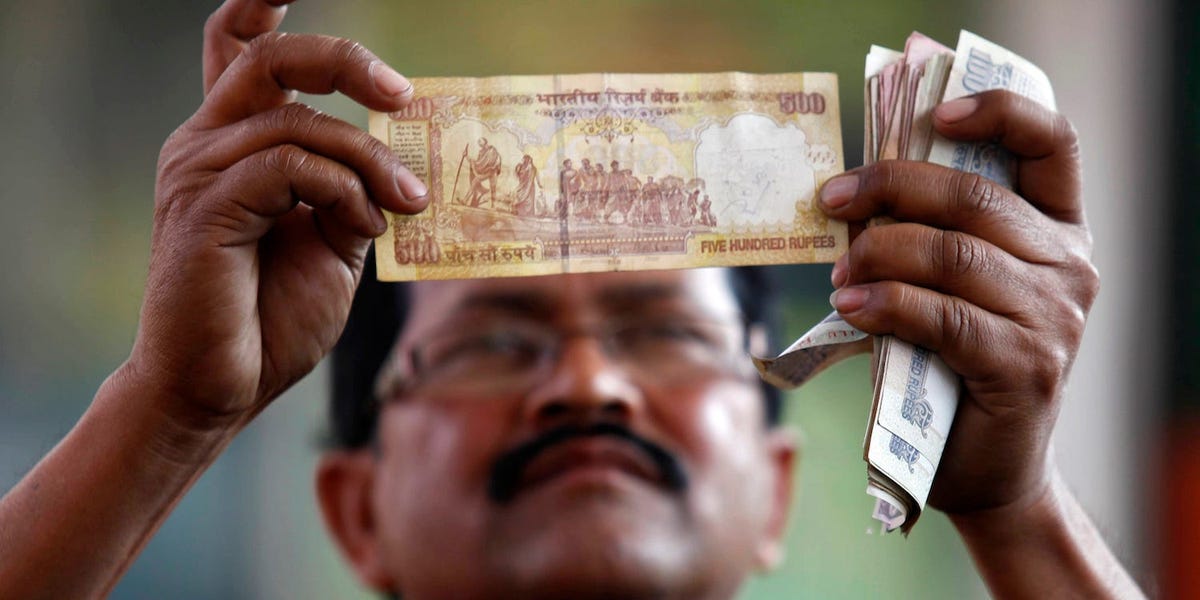Key quotes:
Russia has accumulated billions of rupees that are sitting in Indian banks.
Reuters reported that Russia and India have suspended negotiations over using rupees for trade between the two countries.
Russia prefers to be paid in Chinese yuan, which has become the most-used foreign currency in Russia.
Russia and India remain deadlocked in a currency dispute that has also frozen weapons sales between the two countries.
India won’t pay Russia in US dollars over concerns that it may face secondary sanctions and won’t pay in rubles because of worries about obtaining Russia’s currency on global markets at a fair rate,
Recently, (Russia) agreed to use the (Chinese) yuan to for payments on a nuclear-power plant deal with Bangladesh, after previously insisting on using its ruble.



Is it a good move ? I think so…USD needs to be replaced now.
The only currency I am aware of with the necessary backing, flexibility, durability, and faith is probably the Euro. I don’t know that any other currency can really gain the scope of adoption necessary to be the default reserve currency.
Removed by mod
I’ll love one as bookmark
Yeap, I support Euro.
As an American, I support the Euro too. It really doesn’t matter what currency is used. The benefit US of having THE international currency is tiny. It means that we can’t do as much to manipulate it’s value (control inflation) as we’d like.
It does mean however that your sanctions go a lot further, by wielding the threat of freezing foreign dollars.
Instead of using the Euro. There should be a global reserve currency based on a basket of the world’s most important currencies. USD, EUR, Chinese yuan, Indian rupee etc.
There should. The problem is that even at a smaller scale only western Europe managed to pull it off (with the ECU). South American attempts imploded because of infighting, and African and East Asian attempts are progressing but slowly. And those are attempts by countries that already agreed to be part of the same regional organizations.
The challenges the BRICS are seeing when it involves just 5 countries with a strong incentive to kick the dollar out, gives a glimpse of the mess it would be required to achieve something at a global level.
Maybe it will be more realistic when there are more regional currencies around to provide a model on how to solve conflicts.